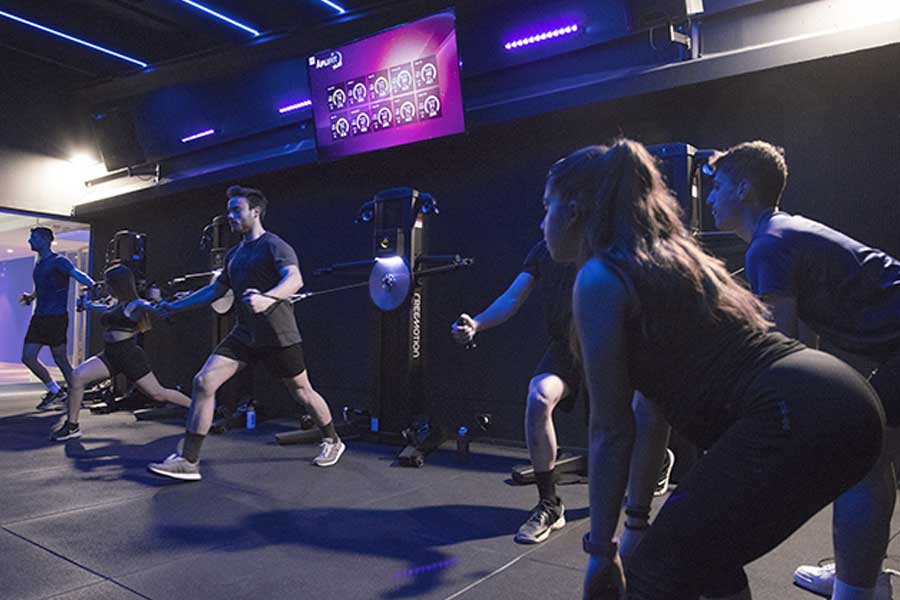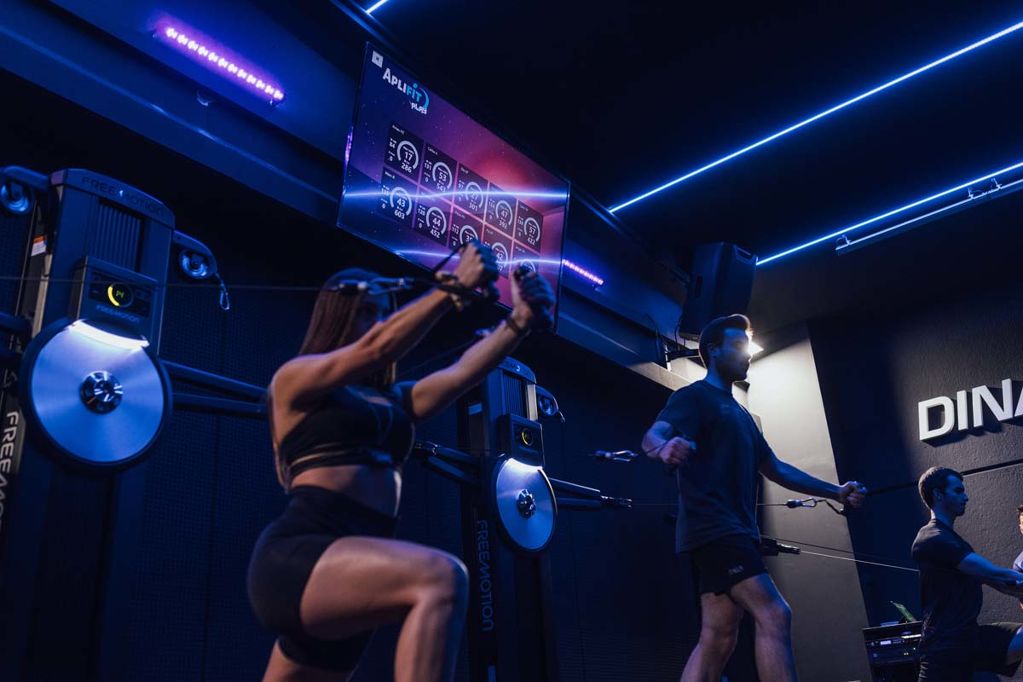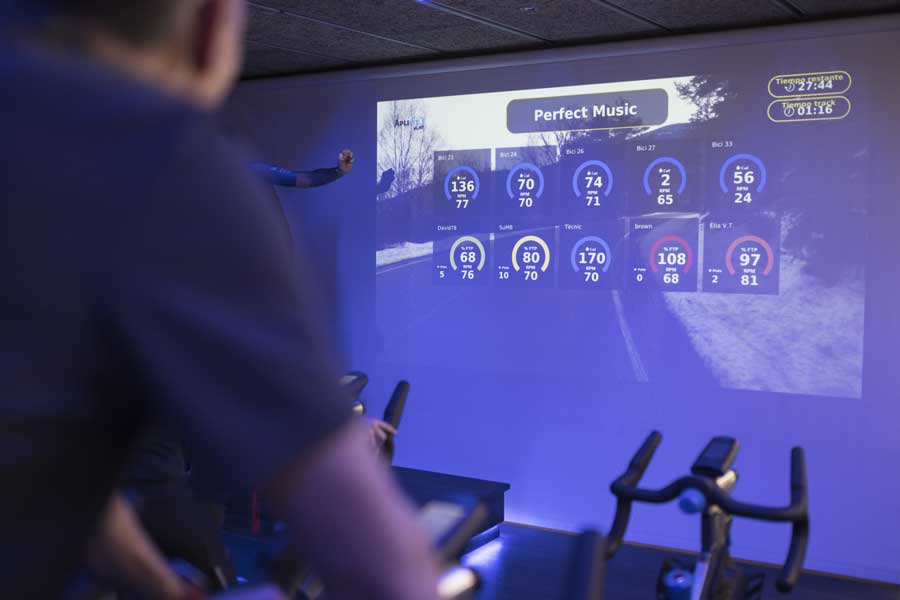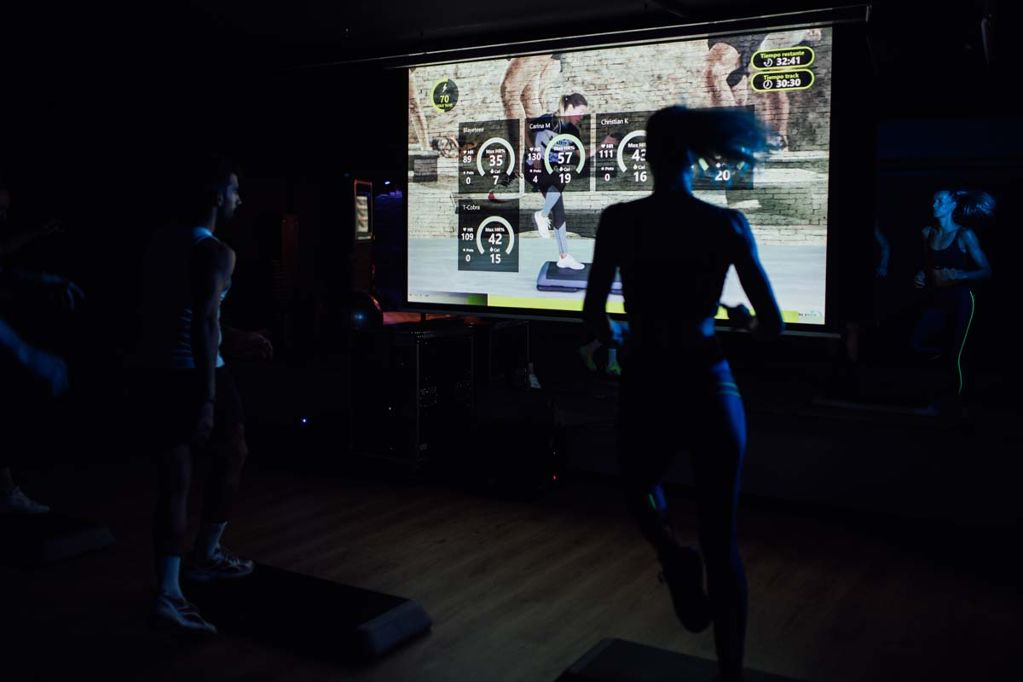Cardiovascular monitoring in a functional training session is extremely important for several reasons.
1. Safety: First off, cardiovascular monitoring helps to prevent serious health issues. By keeping track of vital signs such as heart rate and blood pressure, both trainers and individuals can ensure they are exercising safely and not putting too much strain on the heart.
2. Training Efficiency: Cardiovascular monitoring also helps individuals make their workouts more effective. By observing heart rate, one can determine if a person is working within their target training zone, which can vary depending on whether the goal is to improve endurance, lose weight, gain strength, etc.
3. Progress and Adaptation: Constant monitoring allows individuals to track their progress over time. As cardiovascular health improves, resting heart rate often decreases, and recovery after exercise can speed up. These changes motivate users and also allow trainers to adapt workout programs to continue challenging the body and promoting growth and improvement.
4. Overtraining Prevention: Overtraining can lead to a variety of health problems, including cardiovascular issues. By monitoring vital signs, individuals can ensure they are not pushing too hard in workouts and can take steps to rest and recover when necessary.
5. Training Personalization: Every individual has different fitness levels and cardiovascular health. By utilizing cardiovascular monitoring, training routines can be customized to fit individual needs and abilities, helping to prevent injuries and improve training outcomes.




















